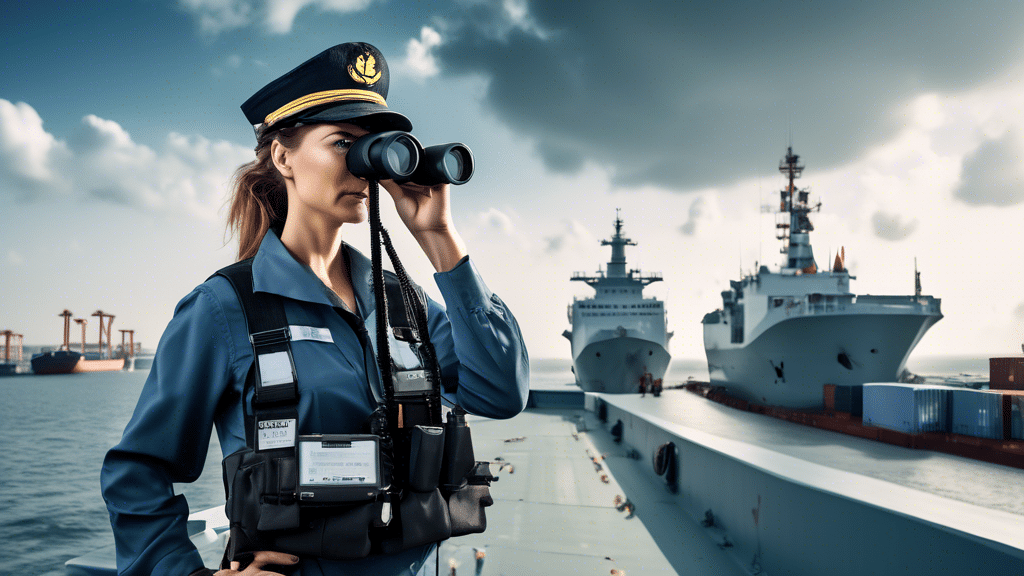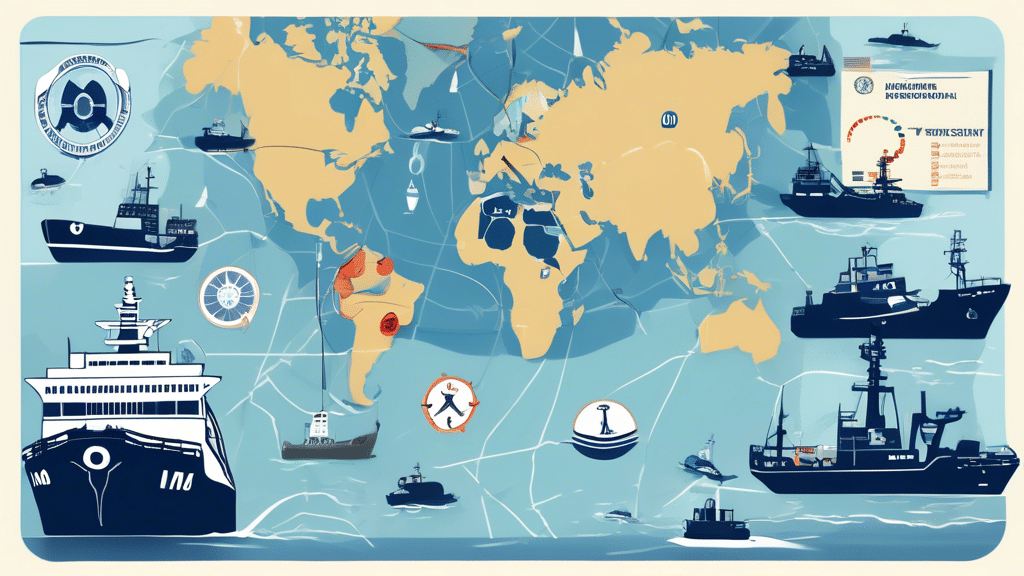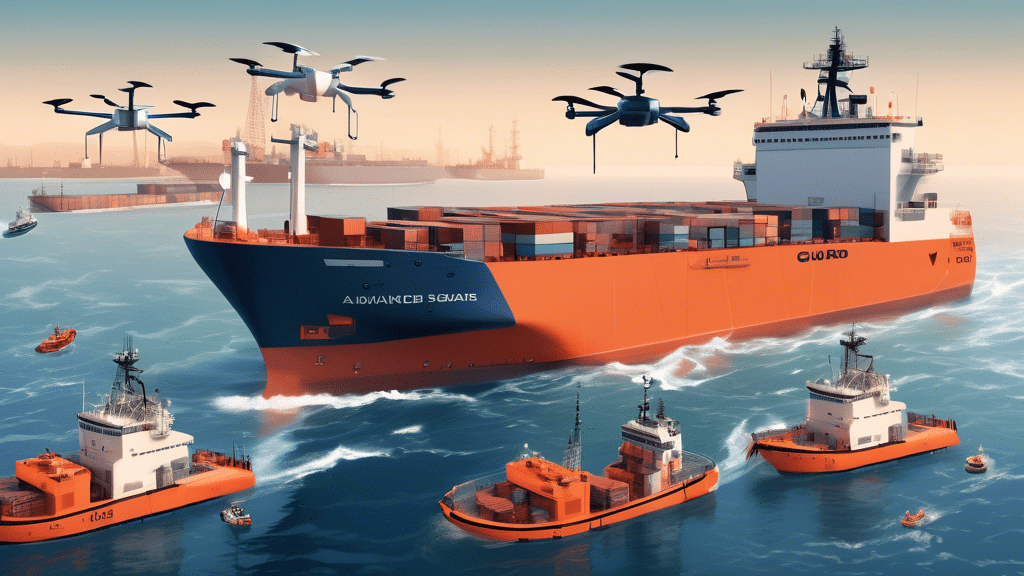Maritime security is an essential field that safeguards the international waterways vital to global trade and national security. With the advent of new maritime challenges such as piracy, smuggling, and terrorism, there is an increasing demand for professionals skilled in this niche area. Developing a career in maritime security can be both rewarding and challenging, offering a unique blend of adventure, responsibility, and the opportunity to make significant contributions to global safety. Below are some crucial steps and considerations for anyone looking to enter and advance in this dynamic field.
Educational Requirements
To embark on a career in maritime security, a solid educational foundation is essential. Degrees in fields such as Criminal Justice, Maritime Law, International Relations, or Security Management can provide an advantageous starting point. Additionally, specialized maritime academies and institutions offer programs that focus on the intricacies of maritime operations, including navigation, ship security, and emergency protocols. Acquiring a master’s degree or certifications in specialized areas like cybersecurity or counterterrorism could further enhance one’s qualifications.
Relevant Experience
Experience is paramount in the maritime security sector. Careers typically start with gaining relevant entry-level positions, such as being part of a ship’s crew or working in a port authority. These roles offer valuable insights into the daily operations and security challenges within a maritime environment. Military experience, especially in the Navy or Coast Guard, is also highly beneficial, as these roles often involve direct engagement with maritime security operations.
Required Skill Sets
A maritime security professional must possess a diverse skill set. Physical fitness and the ability to operate in various environments—ranging from confined ship spaces to open seas—are crucial. Proficiency in navigation, ship handling, and understanding of maritime laws are also vital. Equally important are soft skills such as problem-solving, strategic thinking, and effective communication, which enable individuals to handle complex security situations effectively.
Training and Certifications
Obtaining various certifications can substantially improve career prospects. These include:
- STCW (Standards of Training, Certification, and Watchkeeping for Seafarers) – A critical certification ensuring proficiency in basic safety training.
- ISPS (International Ship and Port Facility Security) Code Certification – Focuses on preventing maritime security incidents.
- CPSC (Certified Port Security Compliance) Credential – Specializes in security requirements for port facilities.
- ISPS Code Company Security Officer (CSO) Certification – Tailored for security officers handling company-level maritime security strategies.
Other specialized training programs may cover areas such as anti-piracy tactics, emergency response planning, and cybersecurity measures tailored for maritime operations.
Professional Organizations and Networks
Joining professional organizations such as the Maritime Security Council or the International Maritime Organization can provide educational resources, certification opportunities, and a valuable network of industry professionals. Participating in industry conferences, workshops, and seminars can also be instrumental in keeping up-to-date with the latest developments and networking with peers.
Career Opportunities
Maritime security offers various career paths. Roles may include:
- Ship Security Officer – Responsible for implementing and maintaining security measures aboard vessels.
- Port Facility Security Officer – Focuses on the security management of port facilities.
- Maritime Security Consultant – Provides expert advice on security measures, policy development, and risk assessments.
- Intelligence Analyst – Specializes in gathering and analyzing data to predict and mitigate potential maritime threats.
- Maritime Law Enforcement Officer – Works with agencies such as the Coast Guard to enforce maritime laws and ensure safe navigation.
The career trajectory can lead from operational roles to strategic management positions, offering continuous growth and evolving challenges.
Challenges and Considerations
Working in maritime security comes with its set of challenges. Regular travel, long periods at sea, exposure to volatile environments, and the physical demands of the job can be taxing. There is also the constant need to stay informed about global maritime threats and evolving technologies that impact security measures. However, for those passionate about safeguarding our global waterways and the intricate dynamics of maritime operations, these challenges are part of what makes the career so fulfilling.
Developing a career in maritime security requires a blend of education, hands-on experience, specialized training, and a versatile skill set. It is a field that not only demands dedication and resilience but also offers a unique opportunity to make a significant impact on global safety and security.





